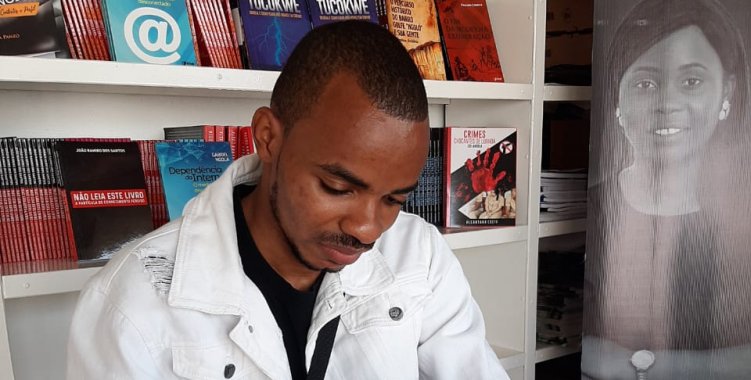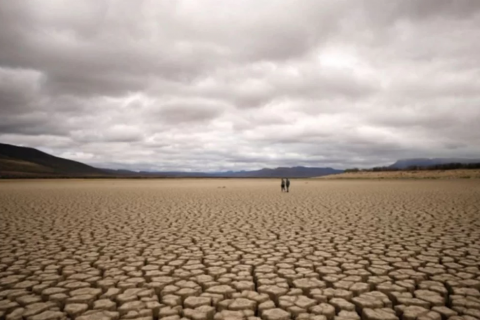Criminal Psychology covers the analysis of the conduct - criminal or not - of the individual, including the study of the victim, origin and / or motivation of criminal behavior and, in general, the understanding of the criminal phenomenon. This branch of Legal Psychology brings together specialists who are fully engaged in the exchange of information between "Psychology and Law". The knowledge produced by Criminal Psychology constitutes a fundamental contribution to law and to the administration of justice, insofar as it treats judicial disputes to a biological, psychological and social extent.
Associated with the growing number of criminal psychologists, the low acceptance and insertion of criminal psychologists in the national labor market raises an issue that we understand without major problematizing it, since efficiency is pursued as one of the reform elements and that is characteristic of our judicial system: the contractions (or not) of criminal psychologists in the Angolan justice system.
In addition to the justifications already mentioned - which underlie our problematization -, in Angola, there are great difficulties in referring specialists hired as a psychologist to support (without belonging to the justice bodies) in criminal proceedings. What has been observed frequently, is that the functions destined to criminal psychologists have been developed by other specialists belonging to the different organs of justice. We mean by this that the demand for criminal psychologists is still very low, mainly because, in addition to seeing their spaces occupied by other specialists belonging to the organs of justice, they are obliged to join the different organs of justice as an operator of justice and not as psychologists as such. As a consequence, we witness the conditioning of the development of knowledge production on the psychological processes related to criminal acts.
Understanding the contribution of the criminal psychologist to the reform of the Angolan justice system involves verifying the main problems that condition the performance of our justice. Among the main problems we can highlight the slowness with which the proceedings are processed, from the filing of the complaint by the Public Prosecutor to the sentence, the absence of principles outlined in the justifications in the judicial sentences and the lack of coordination and inclusion among the bodies that constitute the justice system.
In this sense, together with the other justice professionals - in the composition of the interdisciplinary teams that work in our judicial system - criminal psychologists are increasingly needed to outline an adjusted strategy that makes it possible to solve the problems identified in our justice system.
Within the specific duties of the criminal psychologist, we can highlight some situations in which the performance of the criminal psychologist is indispensable:
(a) In disputes over custody of minor children, in cases of adoption, divorce, visiting regimes, and in the context of civil interdiction actions;
(b) Providing support to victims of crimes (whatever), assisting criminal investigative bodies in the characterization of psychological silhouettes that facilitate the investigative process, recognition and search for offenders;
(c) Accompany the prison population in a closed regime and on parole; when at liberty, monitor their inclusion in society and provide support to the prison system in the execution of alternative sentences to imprisonment in a closed regime;
(d) Assist prison staff in the management of conflicts within the prison establishment and expand good relations between the criminal population and prison officers;
(e) Examine, together with other specialists, false memories in witness statements and assist human resources technicians in the selection and ongoing training of personnel from the Ministry of Interior (MININT).
In view of the benefits that our justice system can obtain through greater openness for criminal psychologists to act, we understand that the labor market for this area of law needs to be discussed and deepened if we are to embark on a reform of our justice.








